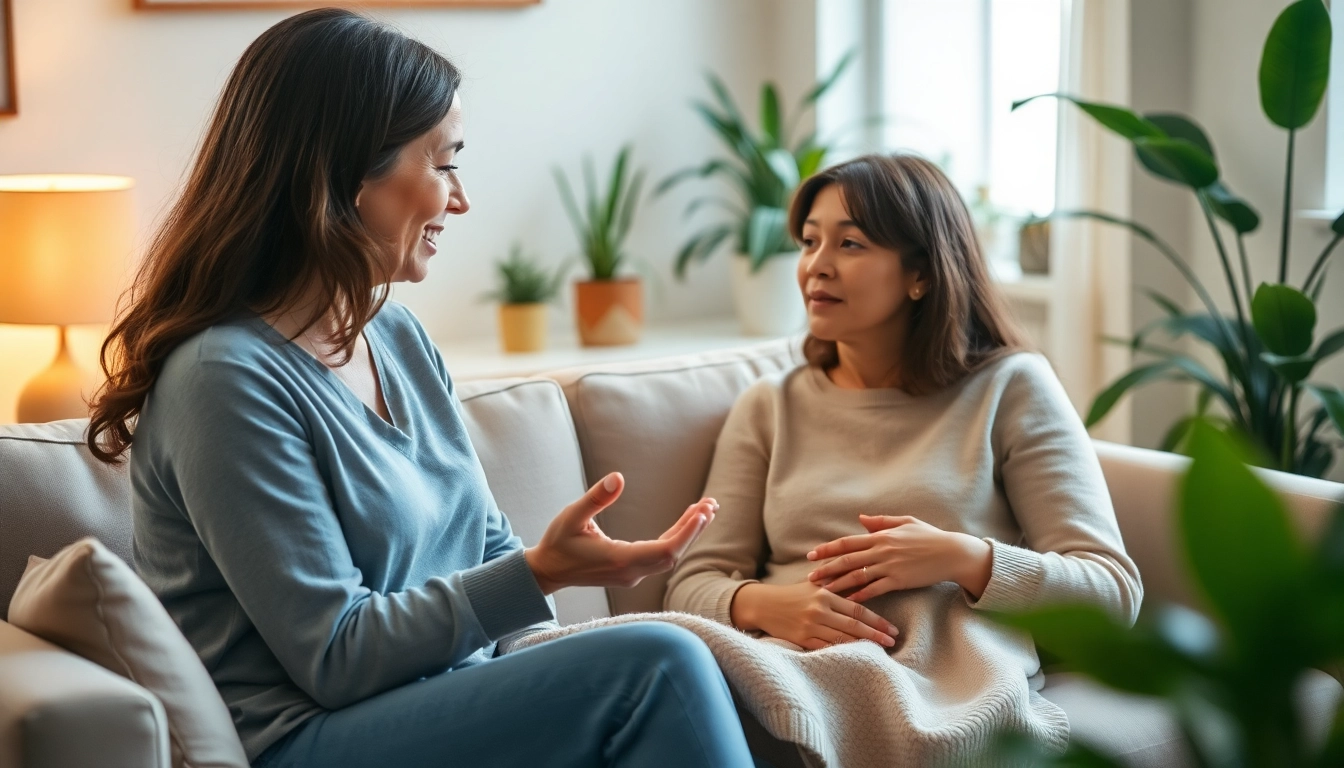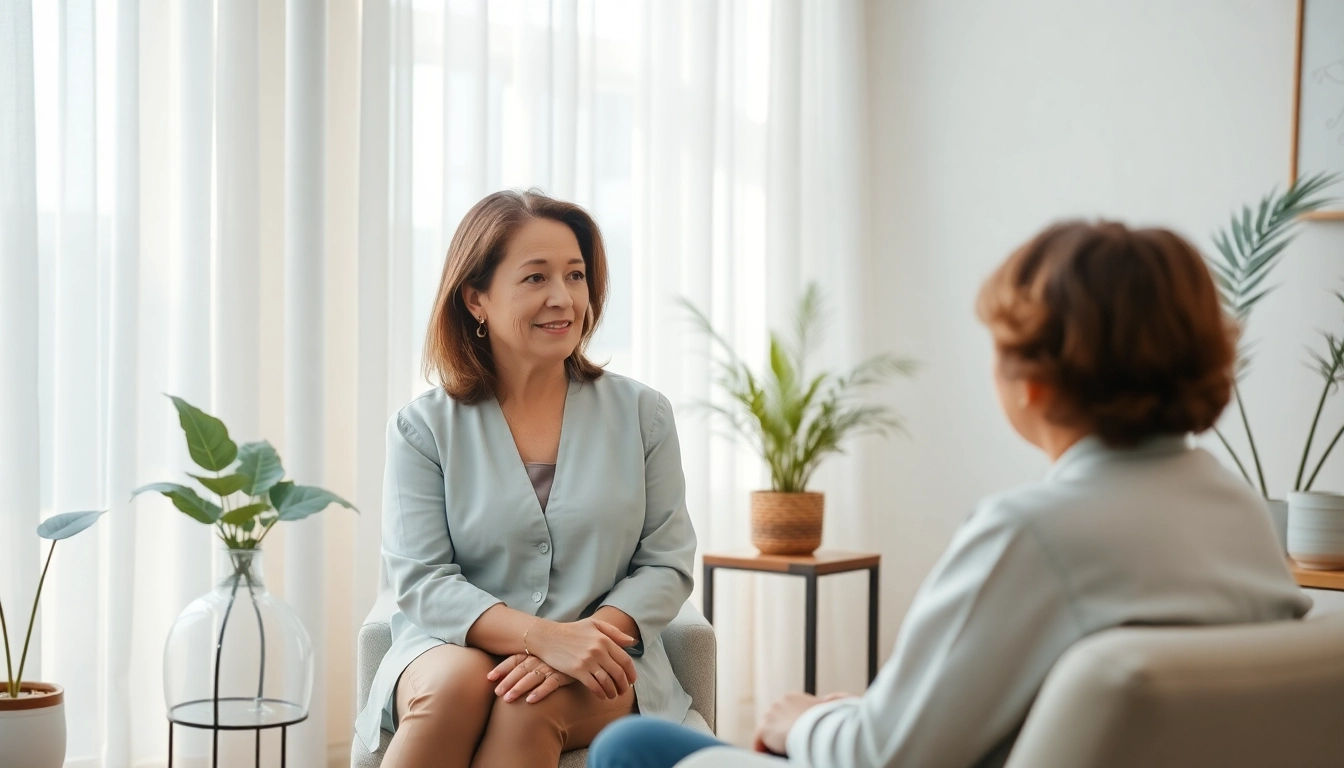Anxiety is a universal experience, and many individuals face it in various forms throughout their lives. Understanding how to effectively cope with anxiety is crucial not only for mental well-being but also for maintaining a high quality of life. This comprehensive guide will delve into the intricacies of anxiety, shedding light on various concepts related to dealing with anxiety, from recognizing symptoms to implementing practical strategies for management.
Understanding Anxiety and Its Impact
What is Anxiety?
Anxiety is a normal human emotion characterized by feelings of tension, worried thoughts, and physical changes such as increased blood pressure. It plays a vital role in the human experience, acting as a natural response to stress. While occasional anxiety can be beneficial by alerting us to danger or preparing us for important events, chronic anxiety can become debilitating and interfere with daily activities.
Types of Anxiety Disorders
Anxiety disorders encompass a range of mental health issues, each with unique characteristics and symptoms. Some of the most common types include:
- Generalized Anxiety Disorder (GAD): Involves excessive, uncontrollable worry about various aspects of life, persisting over six months.
- Panic Disorder: Characterized by recurrent panic attacks—sudden periods of intense fear accompanied by physical symptoms such as heart palpitations.
- Social Anxiety Disorder: An intense fear of social situations that may lead to embarrassment or negative evaluations.
- Specific Phobias: Extreme fear of specific objects or situations, such as heights, spiders, or flying.
- Post-Traumatic Stress Disorder (PTSD): Develops after exposure to a traumatic event, leading to recurring memories, avoidance behavior, and heightened reactivity.
Effects of Anxiety on Daily Life
The impact of anxiety can be profound, affecting numerous aspects of daily life, including relationships, work performance, and overall health. Individuals may experience difficulty concentrating, fatigue, irritability, and physical symptoms like headaches or gastrointestinal issues. Recognizing the potential ramifications of untreated anxiety is essential for seeking help and implementing effective coping strategies.
Recognizing the Signs of Anxiety
Common Symptoms
Anxiety can manifest through various symptoms, both emotional and physical. Common emotional symptoms include:
- Excessive worry or fear
- Restlessness or feeling on edge
- Difficulty concentrating
- Feelings of impending doom
Physical symptoms may include:
- Heart palpitations
- Trembling or shaking
- Sweating
- Muscle tension
- Gastrointestinal disturbances
Triggers and Stressors
Identifying triggers is an essential step in managing anxiety. Common triggers may include stressful life events, personal relationships, work-related pressures, or environmental factors. Understanding one’s triggers can help in developing strategies to cope effectively.
When to Seek Professional Help
If anxiety symptoms interfere with daily life or persist despite self-help efforts, seeking professional help is critical. Signs that it’s time to consult a mental health professional include experiencing suicidal thoughts, persistent feelings of hopelessness, or relying on substances as coping mechanisms.
Practical Techniques for Dealing with Anxiety
Relaxation Exercises
Relaxation techniques can significantly alleviate anxiety symptoms. Here are some effective methods:
- Deep Breathing: Inhale deeply through your nose, allowing your abdomen to expand, and exhale slowly through your mouth.
- Progressive Muscle Relaxation: Tense and then relax each muscle group in your body, starting from your toes and moving up to your head.
- Visualization: Imagine a peaceful scene, such as a quiet beach or serene mountain, to promote a sense of calm.
Cognitive Behavioral Strategies
Cognitive Behavioral Therapy (CBT) is an effective treatment method for managing anxiety. This technique revolves around identifying negative thought patterns and replacing them with positive, more realistic ones. Here are some strategies:
- Challenge Negative Thoughts: Recognize irrational beliefs and counter them with evidence-based reasoning.
- Behavioral Experiments: Test the validity of your fears by gradually facing the situations that provoke anxiety.
Mindfulness Practices
Mindfulness involves staying present in the moment and can be highly beneficial for individuals with anxiety. Techniques include:
- Mindfulness Meditation: Set aside a few minutes daily to focus on your breath and observe your thoughts without judgment.
- Yoga and Tai Chi: These practices combine physical movement with mindful breathing and can lead to reduced anxiety levels.
The Role of Lifestyle Changes in Managing Anxiety
Importance of Regular Exercise
Physical activity is not only good for the body but also for the mind. Regular exercise can boost mood, reduce stress, and enhance overall well-being. Aim for at least 30 minutes of moderate exercise most days of the week. Activities such as brisk walking, cycling, or swimming can significantly improve anxiety symptoms.
Healthy Eating Habits
Nutrition plays a vital role in mental health. A balanced diet rich in whole grains, fruits, vegetables, lean proteins, and healthy fats can enhance mood and reduce anxiety levels. Avoiding excessive caffeine, sugar, and alcohol can also mitigate anxiety symptoms.
Sleep Hygiene and Its Impact on Anxiety
Quality sleep is essential for mental health. Establishing a regular sleep routine, creating a comfortable sleep environment, and avoiding screens before bed can improve sleep hygiene, thus reducing anxiety. Aim for seven to nine hours per night for optimal functioning.
Support Systems and Resources for Anxiety Management
Finding Professional Support
Therapy and counseling can be highly beneficial for those struggling with anxiety. Therapists can provide personalized strategies and support. Cognitive Behavioral Therapy (CBT), exposure therapy, and medications such as antidepressants may offer effective relief for various anxiety disorders.
Community and Online Resources
Support groups, both in-person and online, can foster a sense of community and understanding. Websites like the Anxiety and Depression Association of America (ADAA) offer valuable resources, including forums for individuals to share their experiences and coping strategies.
Self-Help Techniques and Tools
Numerous self-help resources, including books, apps, and online courses, provide strategies for managing anxiety. Mindfulness apps such as Headspace and Calm can offer guided meditations, while workbooks can help in applying cognitive behavioral techniques at home.



